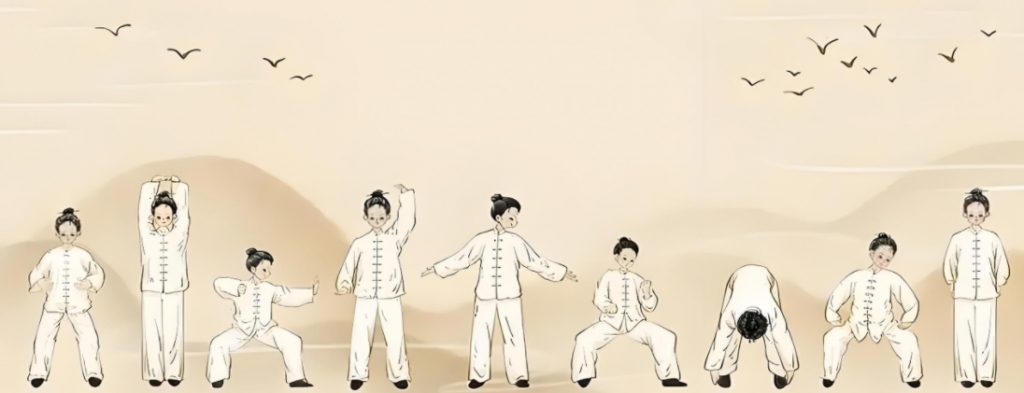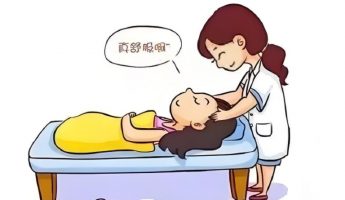Insomnia is a common sleep problem that not only affects physical health, but also seriously disrupts psychological state and quality of life. Long term sleep disorders may lead to cardiovascular disease, mental illness, reduced immunity, and even increased risk of death. Therefore, we need to pay attention to insomnia and take effective measures to improve sleep quality.
What exactly causes modern people to commonly face insomnia?
(1) Nowadays, with a fast pace of life and high work pressure, people are often in a state of tension and anxiety. This long-term state can easily lead to excessive excitement of the nervous system, which can affect sleep quality and have a negative impact on physical and mental health.
(2) The high dependence on electronic devices, especially mobile phones, as well as excessive use of mobile phones, computers, etc., will seriously stimulate the brain, interfere with the biological clock, and lead to the imbalance of sleep time.
(3) Unhealthy lifestyle habits, including irregular diet, lack of exercise, smoking, and alcohol abuse, can all affect the body’s metabolism and physiological functions, thereby having a negative impact on sleep.

Over time, insomnia can have various impacts on the body.
(1) Long term insomnia not only poses a threat to physical health, but also weakens the immune system, making it susceptible to infectious diseases such as colds and flu. In addition, insomnia may increase the risk of chronic diseases such as hypertension, cardiovascular disease and diabetes.
(2) It also has a significant impact on mental health, often exacerbating emotional problems such as anxiety and depression, making individuals more susceptible to emotional fluctuations, irritability, and fatigue, thereby interfering with daily life and work.
(3) Lack of sleep can reduce one’s cognitive ability, affect the normal function of the brain, cause problems such as lack of concentration, significant decline in memory, and impaired judgment, indirectly affecting work and study efficiency.
(4) Insomnia seriously reduces the quality of life, making people feel extremely tired and affecting physical and psychological recovery, resulting in a decline in the quality of life. When the situation is severe, it may also have a negative impact on the marital relationship and family harmony.
Traditional Chinese medicine has unique insights into the insomnia problem faced by modern people.
(1) Emotional disorders are closely related to insomnia. Excessive emotional excitement or discomfort can lead to liver qi stagnation, restlessness, and ultimately cause insomnia. In addition, unhealthy dietary habits in daily life may also affect sleep, such as excessive consumption of greasy, spicy, and stimulating foods, or irregular eating habits, which can damage the spleen and stomach, leading to disharmony of stomach qi and thus affecting sleep quality.
(2) Dysfunction of internal organs in the body can lead to insomnia, especially problems with the function of organs such as the heart, liver, spleen, lungs, and kidneys. For example, excessive heart fire, liver qi stagnation, spleen deficiency, and heavy dampness can all affect sleep. The causes of this phenomenon are complex, so we need to approach it from a dialectical perspective.
(3) Insufficient Qi and blood, especially in some women, long-term lack of Qi and blood can affect the nourishment of the mind and cause insomnia.

So how to take care of it? Traditional Chinese Medicine provides some practical suggestions:
- Perform some health exercises:
(1) Playing Tai Chi: Tai Chi has a history of thousands of years, and ancient people used it to enhance their physical fitness. Tai Chi is a gentle whole-body exercise that helps regulate qi and blood circulation, relieve stress, and improve sleep. Nowadays, learning related knowledge is very convenient, and we can learn the techniques of Tai Chi through videos or offline lectures.
(2) Yoga exercise. Especially for women, it is recommended to practice this exercise seriously, as breathing exercises and relaxation techniques in yoga can help relax the body and mind, relieve anxiety, and promote sleep.
(3) In addition, it is recommended to practice Baduanjin, a traditional Chinese fitness exercise that soothes the body by stretching and regulating breathing, thereby improving sleep quality to a certain extent. - Take some moxibustion health measures:
(1) Moxibustion at the Zusanli acupoint, located on the anterior outer side of the calf, 3 inches below the Calnose acupoint, about one finger’s width from the anterior edge of the tibia. Moxibustion of Zusanli can regulate the spleen and stomach, supplement qi and blood, and improve sleep. Suggest moxibustion for 5 to 6 minutes each time for the best effect.
(2) Moxibustion at the Sanyinjiao acupoint, located 3 inches above the tip of the medial malleolus and close to the posterior edge of the tibia. Moxibustion at this acupoint can nourish the liver and kidneys, balance yin and yang, and help with sleep. - Recommendations for some health and wellness tea drinks:
(1) You can drink sour jujube seed tea regularly. Sour jujube seed can help nourish the heart and calm the mind, and drinking it soaked in water can improve insomnia.
(2) Lily Congee can also be used in daily life. Lily can nourish yin and moisten lung, clear the heart and calm the nerves. Cooking Congee can also help relieve insomnia.
(3) You can drink longan and lotus seed soup. Both longan and lotus seeds can help nourish the heart and calm the mind. Boiling them together into soup can help improve sleep quality.



